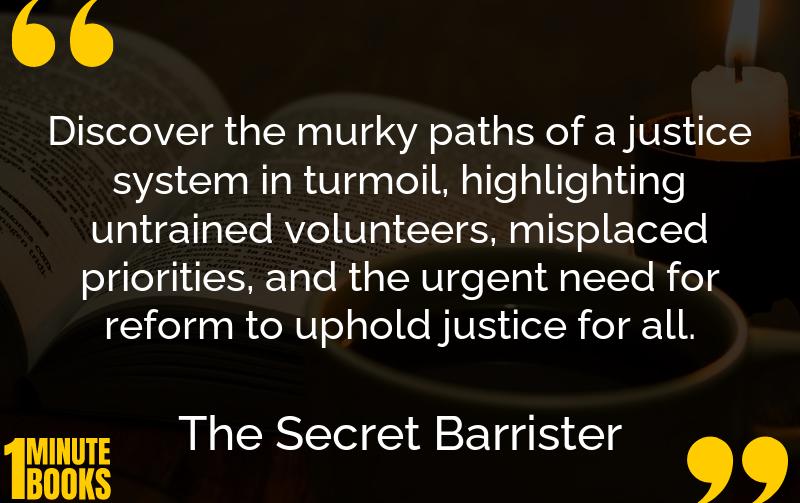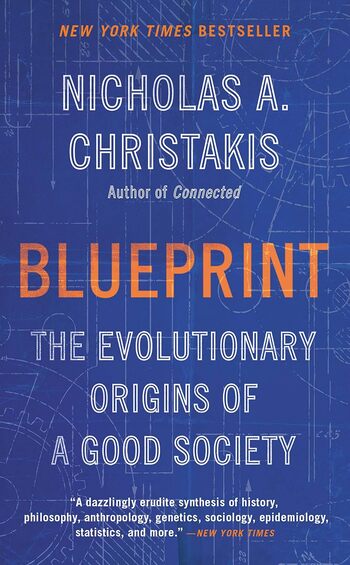
A riveting exploration of the UK’s justice system, ‘The Secret Barrister’ examines its flaws, from untrained magistrates to budget constraints, urging reform for true justice.
Main Lessons
- The distinction between barristers and solicitors is crucial, each playing a unique role in the justice process.
- Budget cuts severely affect the criminal justice system, leading to case backlogs and injustices.
- Untrained magistrates in Magistrates’ Courts highlight a gap in legal proficiency and decision-making.
- The inquisitorial process may offer a less adversarial and more just approach to legal proceedings.
- Digitization issues and management flaws can result in lost evidence and wrongful acquittals.
- Defense counsel can be both a protector and a vexing stereotype hindering justice perceptions.
- Legal aid issues reveal systemic inequalities, with financial barriers affecting fair trial access.
- Sentencing guidelines are excessively complex, often leading to unlawful judicial decisions.
- The media’s portrayal of the legal system impacts public perception and needs accuracy.
- High recidivism rates signal a crisis in the rehabilitation prospects for the incarcerated.
- Transparency and public awareness are necessary for meaningful reform in justice systems.
- Balancing adversarial and inquisitorial elements might strike a better care of justice.
- Institutional inefficiencies often exasperate rather than alleviate the plight of victims and defendants.
- Examples from European inquisitorial systems provide hints on improving justice delivery.
- Increased funding is vital to address systemic weaknesses and ensure fair process.








